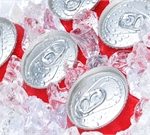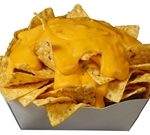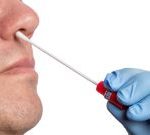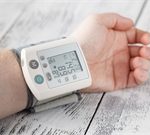
The type of heating coil used in an e-cigarette and the amount of voltage sent through it could be contributing to vaping-related lung injuries, a new animal study contends. Laboratory rats suffered lung injuries when exposed to vapor from devices using high-powered heating coils made of nickel-chromium alloy, something that did not occur in earlier experiments using stainless steel heating coils, researchers report. “When we looked at their lungs, we saw they had very severe damage to the lung structure,” said lead researcher Michael Kleinman, a professor of occupational and environmental medicine at the University of California, Irvine. “We found we got the worst effects in coils that contained nickel and chromium, which is a typical kind of coil.” E-cigarettes turn liquid into vapor using a heating coil similar to those found in toasters, Kleinman said. The coil is surrounded by the liquid, and when voltage is sent through the coil, it rapidly heats up. Kleinman and his colleagues were doing vaping research on lab rats using devices equipped with stainless steel coils when they made their discovery. The manufacturer stopped making the specific device they were using, so they had to switch to a compatible model that used nickel-chromium coils, Kleinman recalled. “When we got the new coils and we ran them at the high power settings, we immediately noticed after the first set… read on >



























-300x200.jpg)










